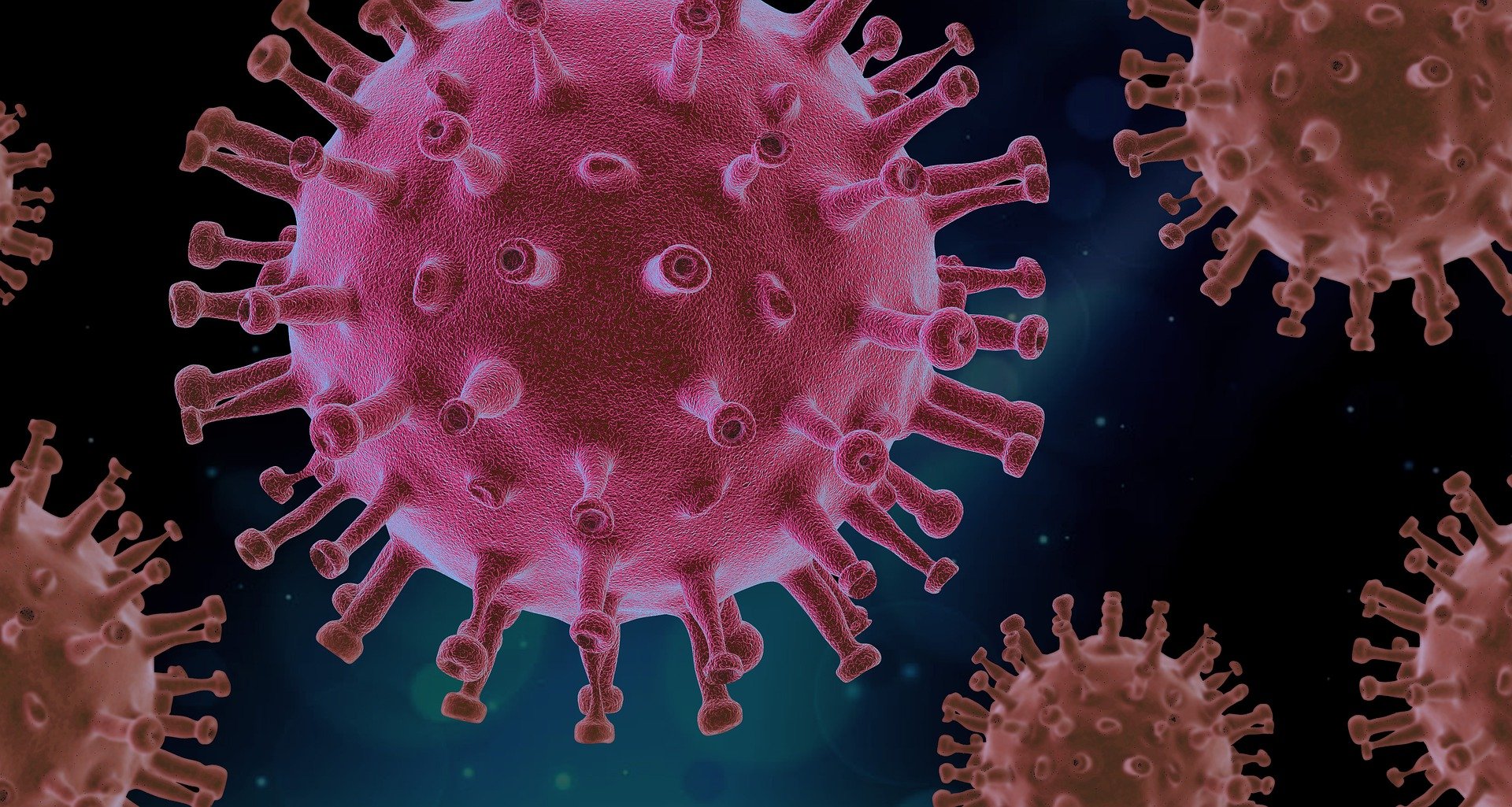By Sarah Bloor, Clinical GI Physiologist
Researchers have found that a COVID-19 infection may impact the gut, and vice versa!
At the start of the pandemic, it was reported that 2-10% of COVID-19 patients have gastrointestinal (GI) symptoms such as diarrhoea. However, it has been found that this number is more likely to be 20%. Patient with diarrhoea have increased inflammatory markers in their stool indicating that the digestive tract is also a site of COVID-19 infection.
A recent study published in the scientific journal Gut looked at 15 patients hospitalised by COVID-19 to understand how it impacts the gut. Each patient provided stool samples until they were discharged from hospital. When COVID-19 positive, the active virus could be detected in 46.7% of the patients stool samples, even when no GI symptoms were reported. As the virus progressed, some patients lost the active COVID-19 virus from their stool samples, however in some patient’s active COVID-19 persisted in their stool samples long after they had tested negative via a throat/nose swab.
These findings suggest that once COVID-19 is cleared from the respiratory tract, there is an approximately 1-week lag period before it is cleared from the GI tract. However, it is unclear whether during this period there is a risk of virus transmission.
Microbiome analysis found that stool samples that contained the virus had a greater abundance of opportunistic pathogens such as Collinsella aerofaciens and Collinsella tanakaei, as well as Steptococcus infantis which are common coloniser in upper respiratory tract infections. This may suggest that bacteria from the lungs are passed to the GI tract.
In comparison, stool samples with no evidence of COVID-19 had large numbers of short chain fatty acid producing bacteria such as Parabacteroides merdae, Bacteroides stercoris, Alistipes onderdonkii and Lachnospiraeceae bacterium. Interesting, high abundances of A. onderdonkii and L. bacterium were associated withless severe COVID-19. B. stercoris is known to suppress the expression of a colonic protein that acts as an entry point for the COVID-19 virus in mice. Therefore, the presence of this bacterium in the microbiome could be beneficial in fighting COVID-19 infection.
Interestingly, the same researchers published another study published in Gut which showed that the types of bacteria in the gut, or the gut microbiota, was associated with severity of COVID-19 infection. For example. Those with low levels of certain commensal bacteria, such as Faecalibacterium prausnitzii, Eubacterium rectale and bifidobacteria appeared to have more severe COVID-19 infection. These commensals appear to influence the immune system in how it responds to COVID-19.
In conclusion, the COVID-19 virus can be found in stool samples even when there are no gastrointestinal symptoms. The virus also persists in stool samples long after samples from the nose and throat test negative for the COVID-19. The types of bacteria in the gut microbiome are linked to the severity of COVID-19 infection.
If you believe your gut health has been impacted by COVID-19 infection, or just in general, then get in touch and our multidisciplinary team will be able to help. Take control of your gut health and call us on now on 0161 302 7777 or email admin@thefunctionalgutclinic.com.
References
- Zuo T, Liu Q, Zhang F, et alDepicting SARS-CoV-2 faecal viral activity in association with gut microbiota composition in patients with COVID-19Gut 2021;70:276-284.
- Yeoh YK, Zuo T, Lui GC, et alGut microbiota composition reflects disease severity and dysfunctional immune responses in patients with COVID-19Gut Published Online First: 11 January 2021. doi: 10.1136/gutjnl-2020-323020

